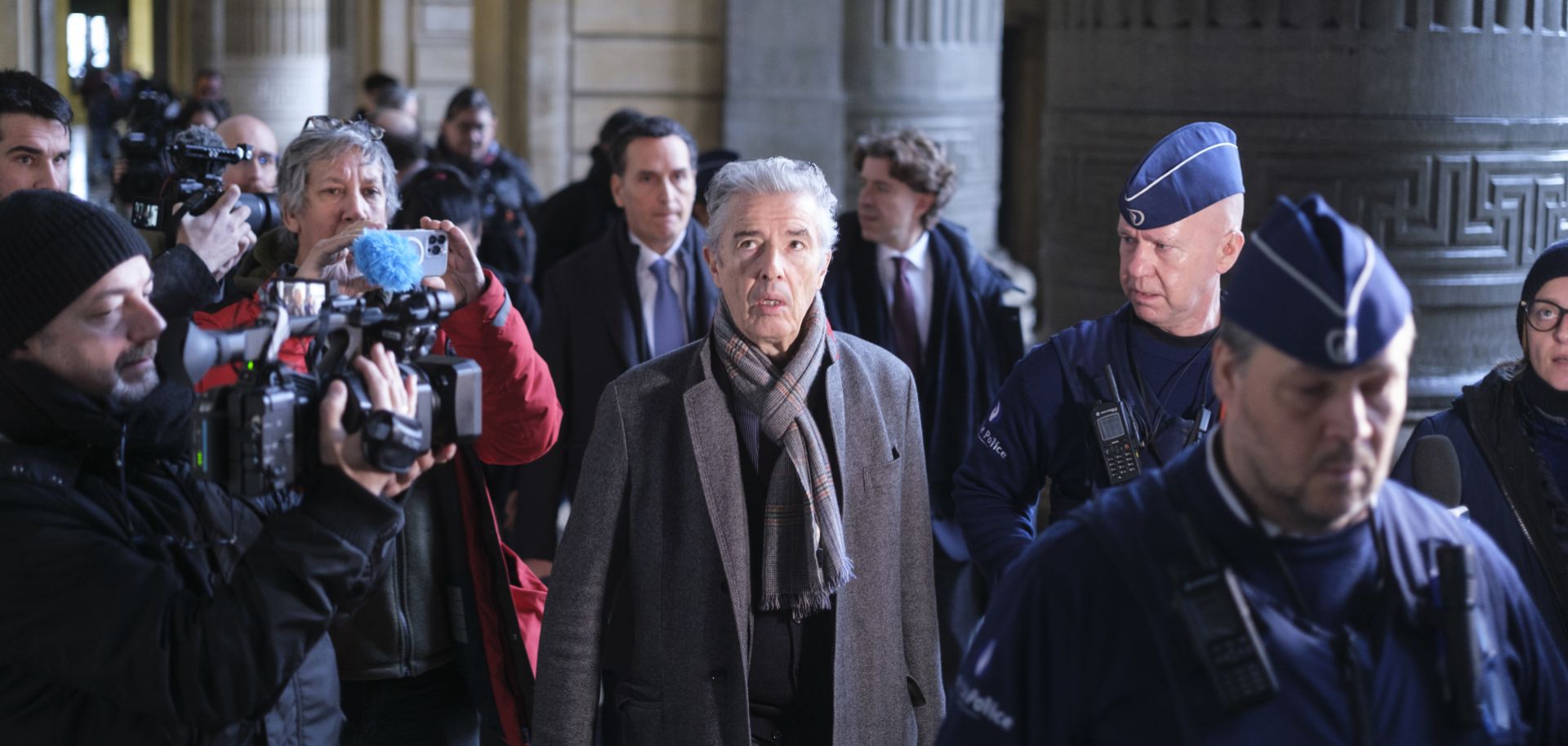A recent scandal in the European Union dubbed ''Qatargate'' has come to light, as accusations fly that Doha used cash to buy influence among key members of the European Parliament. The scandal alone is unlikely to impact Qatar's greater diplomatic ties to Europe, which is currently in desperate need of the tiny energy-rich country's natural gas exports. But it reflects a pattern of statecraft among Arab Gulf states -- especially the wealthy and authoritarian ones, like Saudi Arabia, the United Arab Emirates and Qatar -- that is growing increasingly obsolete (and risky) as the West reduces its reliance on hydrocarbons and de-emphasizes the Middle East in general. For now, the fallout from revelations regarding Saudi, Emirati and Qatari leaders' soft power strategy in the West will likely remain political. But in the future, a scandal like ''Qatargate'' could reshape Arab Gulf states' relationships with Europe and the United States by fueling...


